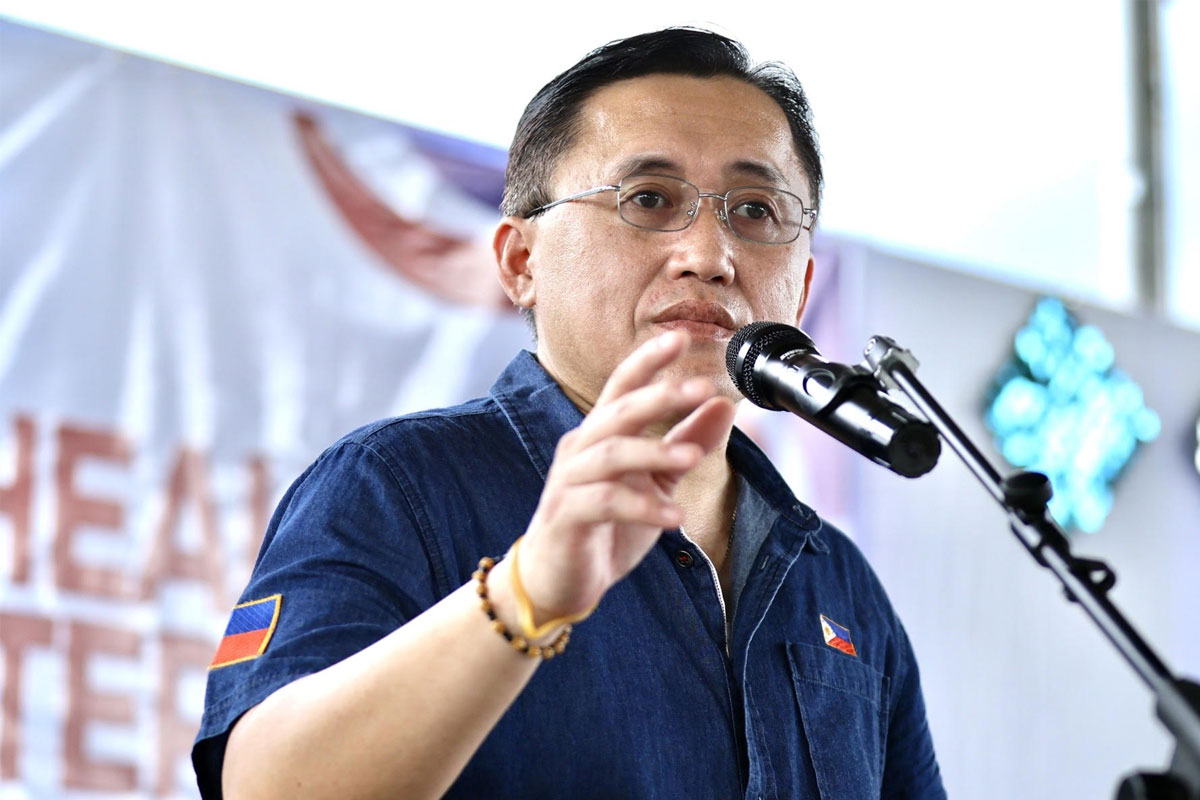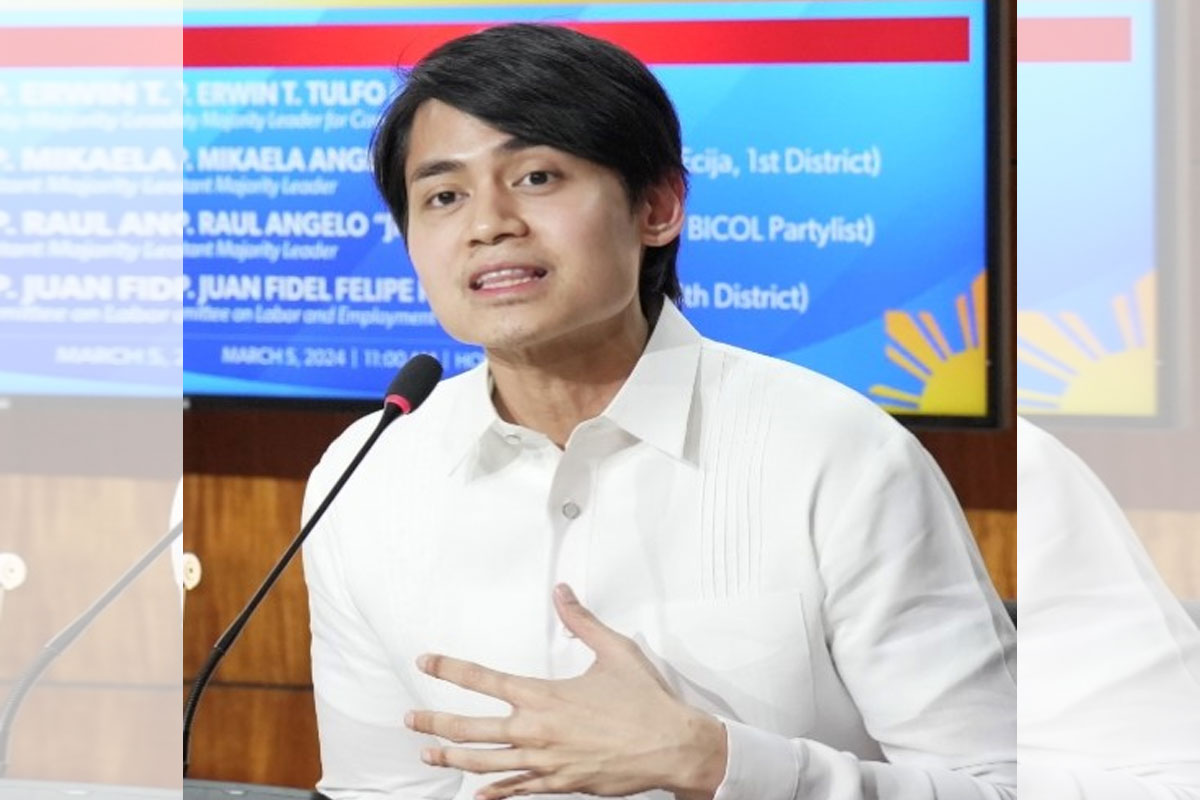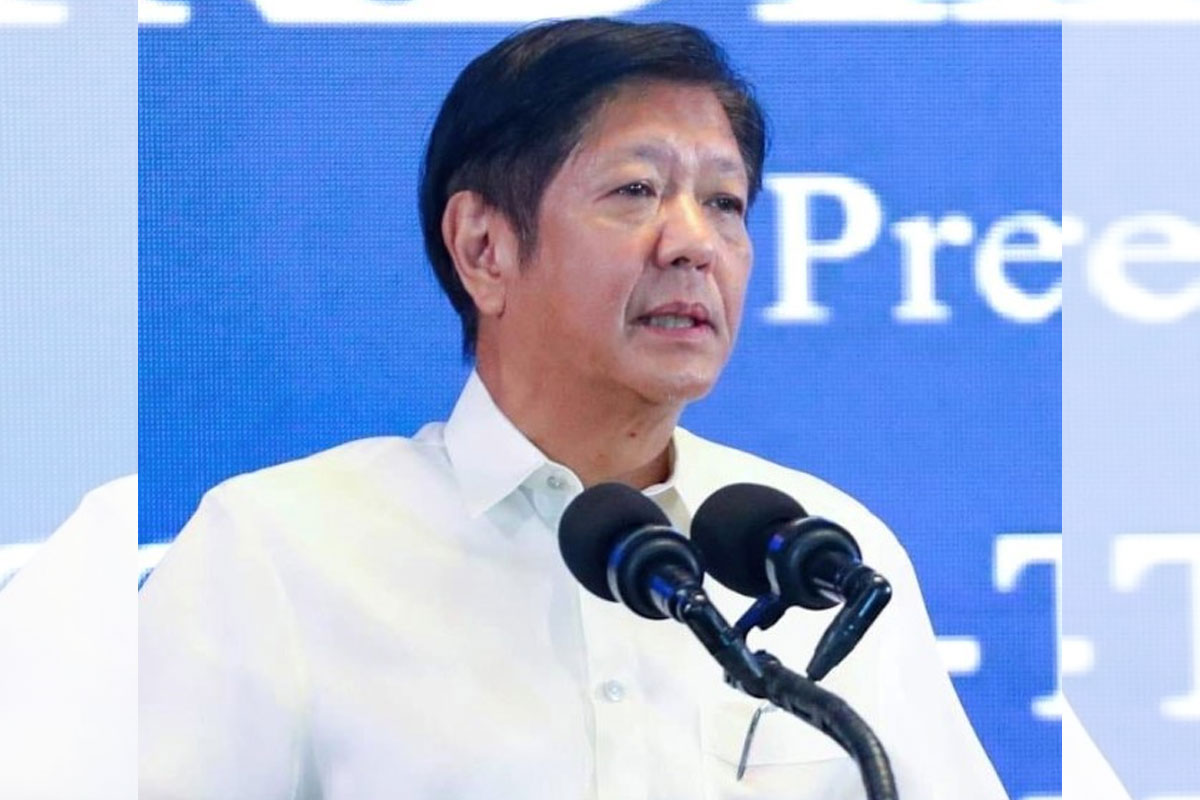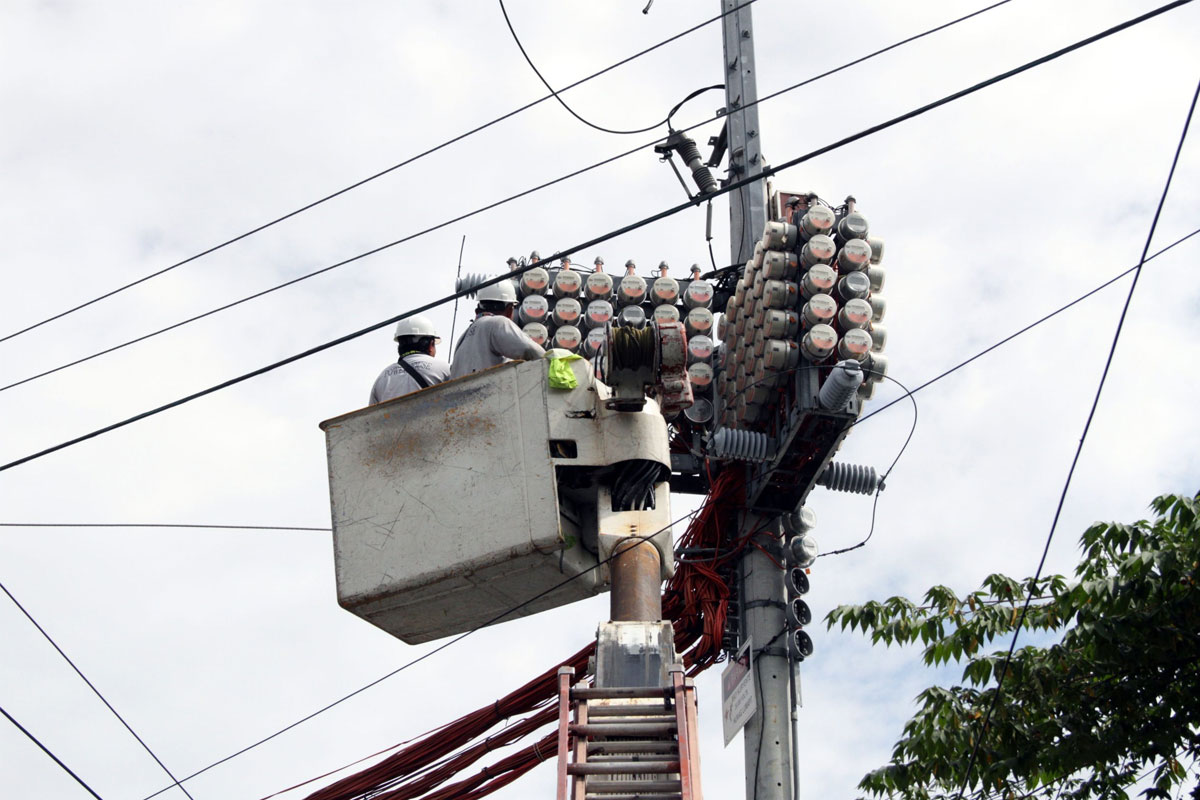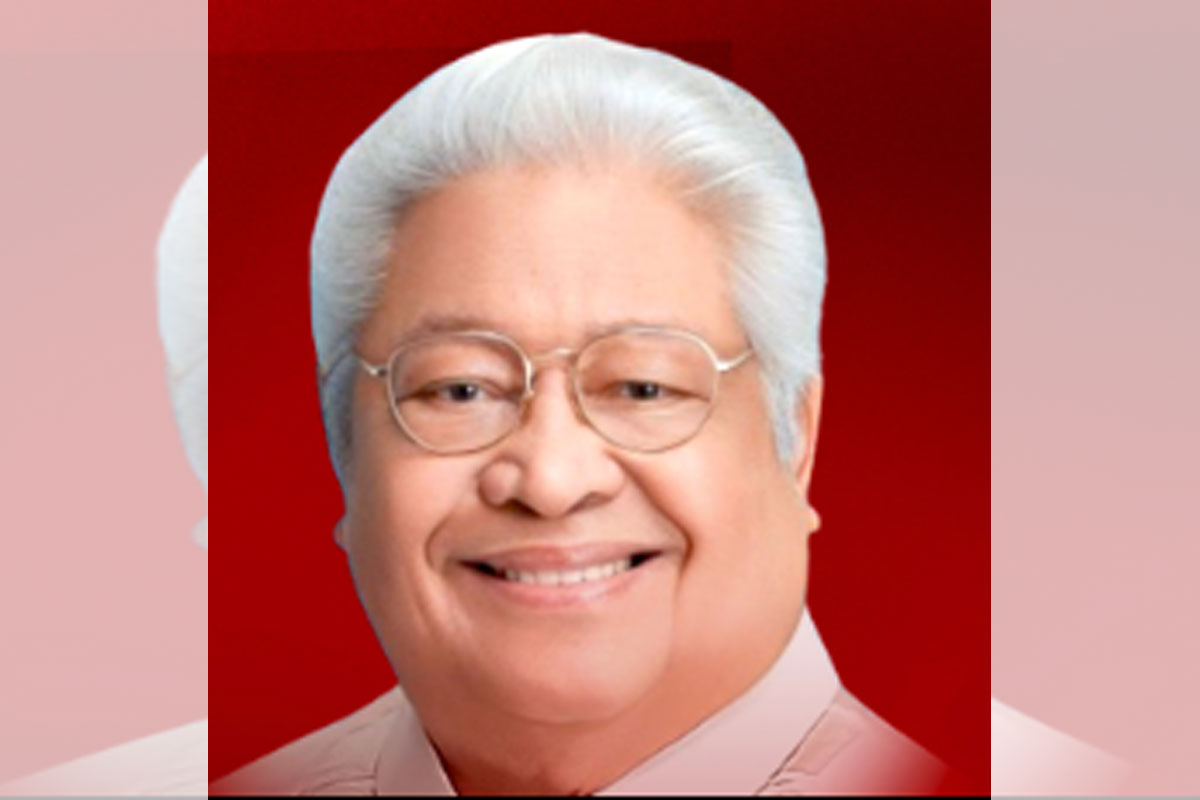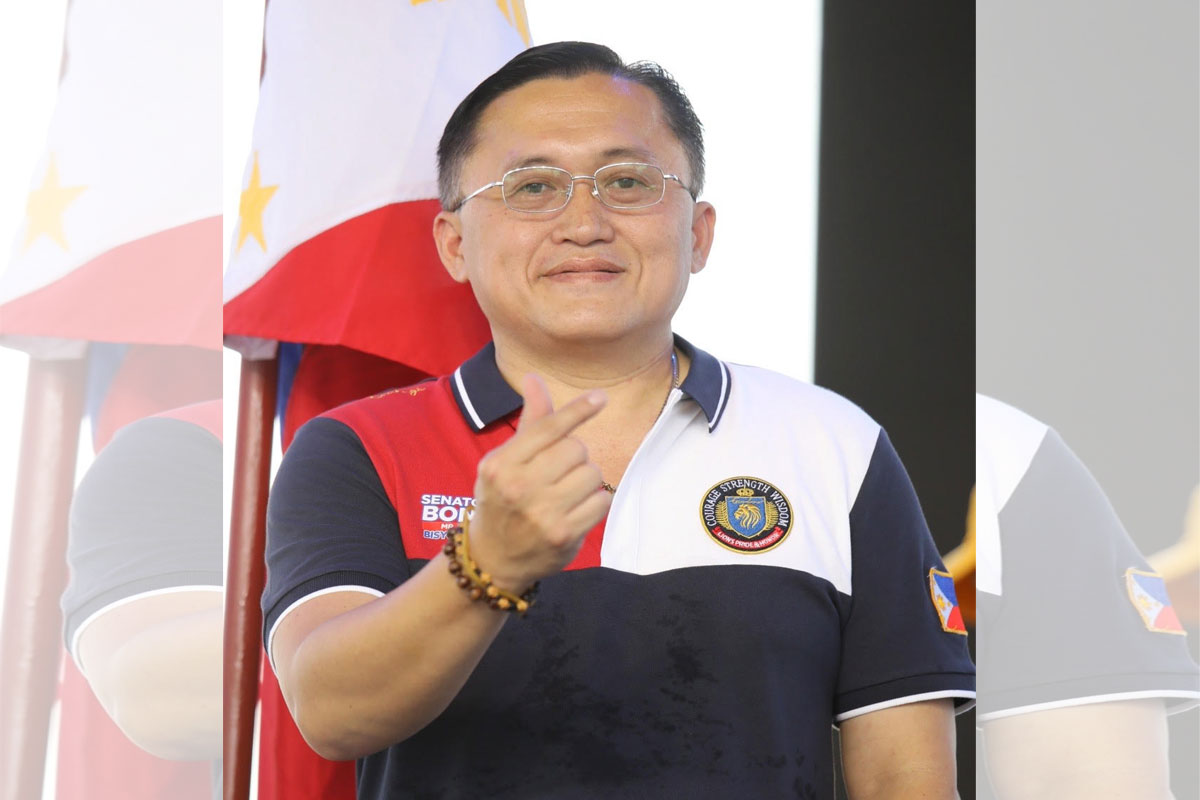
Solons expose grant-for-policy tactics of foreign private groups
LAWMAKERS warned the government on the grant-for-policy tactics employed by some foreign private organizations, saying they represent a direct violation of the Constitution and assault on the Philippine sovereignty.
Acting on the resolution of Deputy Speaker Deogracias Victor Savellano, the House Committee on Good Government and Public Accountability launched a Congressional probe on March 16, 2021 into the Food and Drug Administration’s (FDA) admission of receiving grants from foreign anti-tobacco group, where Rep. Jericho Nograles exposed the pattern of government agencies’ issuance of local regulations following the receipt of foreign money.
“I called for this investigation to find out the truth. Did the FDA issue specific and pre-defined policies on e-cigarettes and HTPs (heated tobacco products) in exchange for funding from foreign private organizations?” Savellano said.
“Is this the reason why the FDA in its one-sided and less-than-transparent virtual public hearing could not give the public a real opportunity to flesh out important provisions and requirements for the regulation of e-cigarettes and heated tobacco products?” he added.
Nograles said the issue is not only about the FDA. “The bigger issue here is do we allow government agencies to be influenced by monies coming from foreign private organizations? What we are looking at here is a constitutional violation, an attack on the sovereignty of the Republic of the Philippines, our independence itself. That is the big problem,” he said.
According to Nograles, several government agencies have received a total of US$2.5M from The Union, which is funded by the anti-tobacco advocacy Bloomberg Initiative.
He said in 2009, the Department of Health received US$742,441 for the development and enforcement of local government smoke-free ordinances; the following year, the Metropolitan Manila Development Authority (MMDA) received US$206,701 for the same purpose. In 2010, the DOH received US$369,877 for tobacco control policies, the same year the Civil Service Commission (CSC) and DOH Joint Memorandum Circular (JMC) 2010-01 was issued. “I believe that this JMC is also unconstitutional,” Nograles said.
In 2012, Nograles continued, the MMDA again received US$180,000 for smoke-free city ordinances. In 2013, the DOH received US$150,000 for the implementation of tobacco control policies and the CSC received US$150,000 to raise awareness of and compliance with the policy to exclude tobacco industry interference.
In 2014, the DOH received US$192,000 for the National Tobacco Control Strategy. In 2015, the DepEd received US$158,039 for its tobacco advertising ban campaign. In 2016, the CSC received US$183,695 and the MMDA received US$160,000, he said.
“The FDA has conducted multiple researches and consultations with different groups, and these groups they consulted with are also funded by The Union and Bloomberg Initiative. There have been multiple instances wherein every time there is an anti-tobacco regulation that comes out of either the FDA or DOH, it coincides with grants coming from Bloomberg,” Nograles noted.
“We cannot treat this as mere coincidence because this happened in [the course of several] years,” he said.
Nograles cited the statement of FDA Director Anna Rivera during the hearing in which she confirmed that the FDA hired multiple job orders in behalf of The Union and granted different salary grades to these personnel.
“This is the problem. The FDA has received money from a private organization that is opposed to a legitimate industry in the country, and that money was utilized to hire persons as job orders and given salary grades under our laws to conduct anti-tobacco projects,” he said.
Under Republic Act 3019 or the Anti-Graft and Corrupt Practices Act and Republic Act 6713 or the Code of Conduct and Ethical Standards for Public Officials and Employees, the FDA is not allowed to hire personnel in behalf of The Union, said Nograles.
“The FDA said that it does not in any way act as an agent of The Union. I agree, but suddenly you are hiring personnel in behalf of The Union. The FDA said that The Union is not a client registering a product. That is correct, but The Union can be influential in blocking the registration of a product,” he said.
A representative of a tobacco-producing province that depends heavily on the local tobacco industry, Savellano criticized the FDA for drafting proposed guidelines on e-cigarettes and heated tobacco products that were even more restrictive than regulations for combustible cigarettes, which his constituents have decried as a de facto ban on these alternative nicotine products.
“As government officials, we are expected to be fair, objective and transparent in issuing and implementing public policies. We hope that through this investigation, we can better protect our independence and sovereignty so that we do not become an easy target for foreign private entities that wish to interfere with our national policies,” Savellano said.
“I understand that the FDA is only doing their job; we are not out to lynch the FDA and other government agencies,” said Nograles. “We want a healthier country, but at the same time we also want our laws to be followed.”


